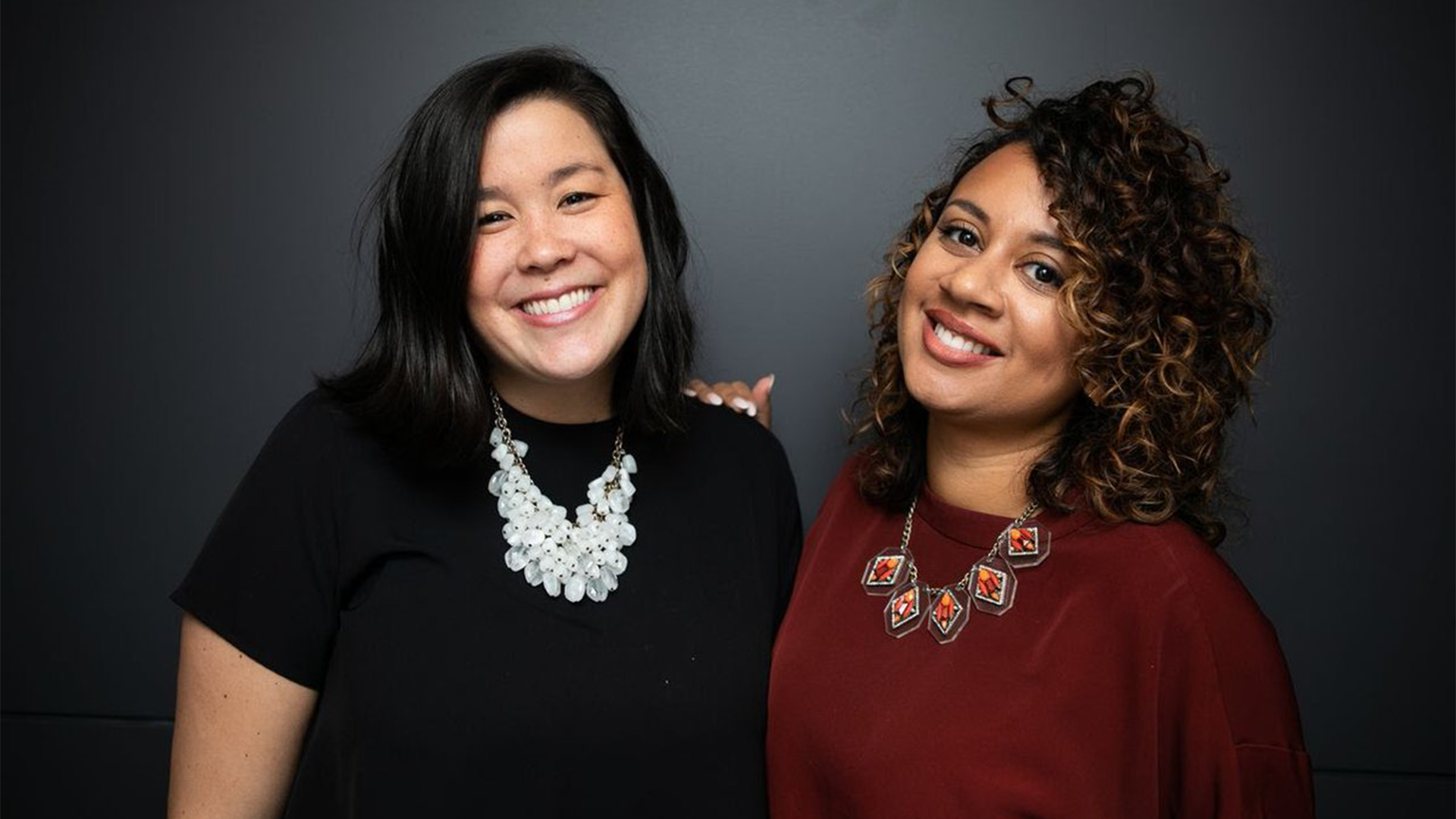A lack of belonging in the workplace led associates turned founders Marah Lidey and Naomi Hirabayashi to develop a mental health app for people of color to find support and community.
Shine Named Apple's Best Of The Year
Shine — a mental health platform that was named Apple’s App Store Best for two years — has placed inclusivity at the forefront since 2016. The application caters to people of color as the founders determined the demographic was overlooked in the mental wellness industry based on data.
As minority women serving under their respective roles at their former workplace a decade ago, the duo values inclusiveness and understands the importance of integrating mental health into corporate spaces and one’s daily habits.
“We think about women, people of color, queer people, but also Uber drivers, healthcare workers, and waitresses. Across the board, meditation, wellness, and even therapy didn’t fully acknowledge our experiences as the whole humans we were,” Lidey told AfroTech. “We felt that firsthand. It’s clear that we all have higher levels of mental health needs and just fewer options for inclusive care. Our vision since day one has been to close the equity gap in mental health, and that’s very much what we are well on our way to doing today.”
How Users Can Be Supported On Their Mental Wellness Journey
Creating an inclusive and nuanced application required the founders to think beyond the surface level and become more intentional about application features that will support their equitable mental health matrix. The content displayed on the platform is filtered through bias, representation, language, culture, and privilege, which can be seen through Black experts and experts of color on the platform. In addition, Shine allows the content created, most of which is by Black women, to represent their authentic experiences in their language.
“This is about telling specific stories of specific experiences. We believe that’s the way that we can promote the most healing for the communities most affected and the most education for those who aren’t affected by specific issues,” Lidey said.
Shine Creates Community
Users can also look forward to community building within the Shine application. This space allows users to share their feedback on the theme for the day, talk about their experiences, and share affirmations for encouragement. The founders believe community building is vital as half of their users do not seek mental health support within the workplace. A survey conducted by Shine showed half of their users do not feel comfortable asking their employer for a mental health day, and the root of the issue stemmed from people not seeing this modeled by leadership.
“They don’t see their bosses, their managers, and their CEOs saying ‘Hey, I’m having a tough time.’ ‘Hey, I need the mental health day.’ ‘Hey, this happened for me and I’m struggling,'” Lidey said. “We pulled the veil back behind these people that we think are perfect, but they are not perfect and we let our users be vulnerable, share their stories, connect with others and, create that sense of safety for folks who might not have it in their workplace and can feel that they can learn from that and feel empowered to stand up for themselves in the workplace.”
Institutions Should Integrate Mental Health Services
Shine saw its greatest growth spike in 2020 following the social unrest from George Floyd’s death. The growth was attributed to users seeking authentic spaces and companies that were looking to step up to support their employees at scale.
Employers and educational institutions can access the Shine application after purchasing a subscription, which can then be used by employees and students for free. The usage of the application advances Shine’s mission to create real change in the workplace for marginalized groups.
“We are not only helping the individual, but by nature of how we’re coming to these employers, we’re starting conversations around inclusivity and belonging that intersect with mental health,” Lidey told AfroTech. “Of the people who use Shine, 92 percent of employees say that they can better stand up for themselves at work. Let’s say, you’re not from that marginalized group, 78 percent of people believe that Shine deepens their compassion for communities or cultures that are different from their own. We’re helping to create cultures of inclusivity and empowerment, especially for those more marginalized folks.”
Friends With Mental Health Benefits Podcast
Getting the application up and running can be credited to the founders’ time at Apple Entrepreneur Camp, a technology experience for underrepresented application founders to receive mentorship from Apple engineers, designers, and business leaders. Not only did the camp guide Lidey and Hirabayashi on how to develop a product catering to different communities, but their relationship with Apple established a new pathway to advocate for mental health through their newly established podcast titled Friends with Mental Health Benefits. The podcast touches on the untold stories of founders and senior leaders and how they managed their mental health while supporting their teams.
“Part of the whole concept of Friends with Mental Health Benefits comes from our founding story, meeting at work, and leaning on each other for support as two women of color in these senior management positions, but not always seeing that vulnerability model at the top. It has become therapy for us, and it’s a privilege also to be trusted with people’s stories,” Lidey said.


